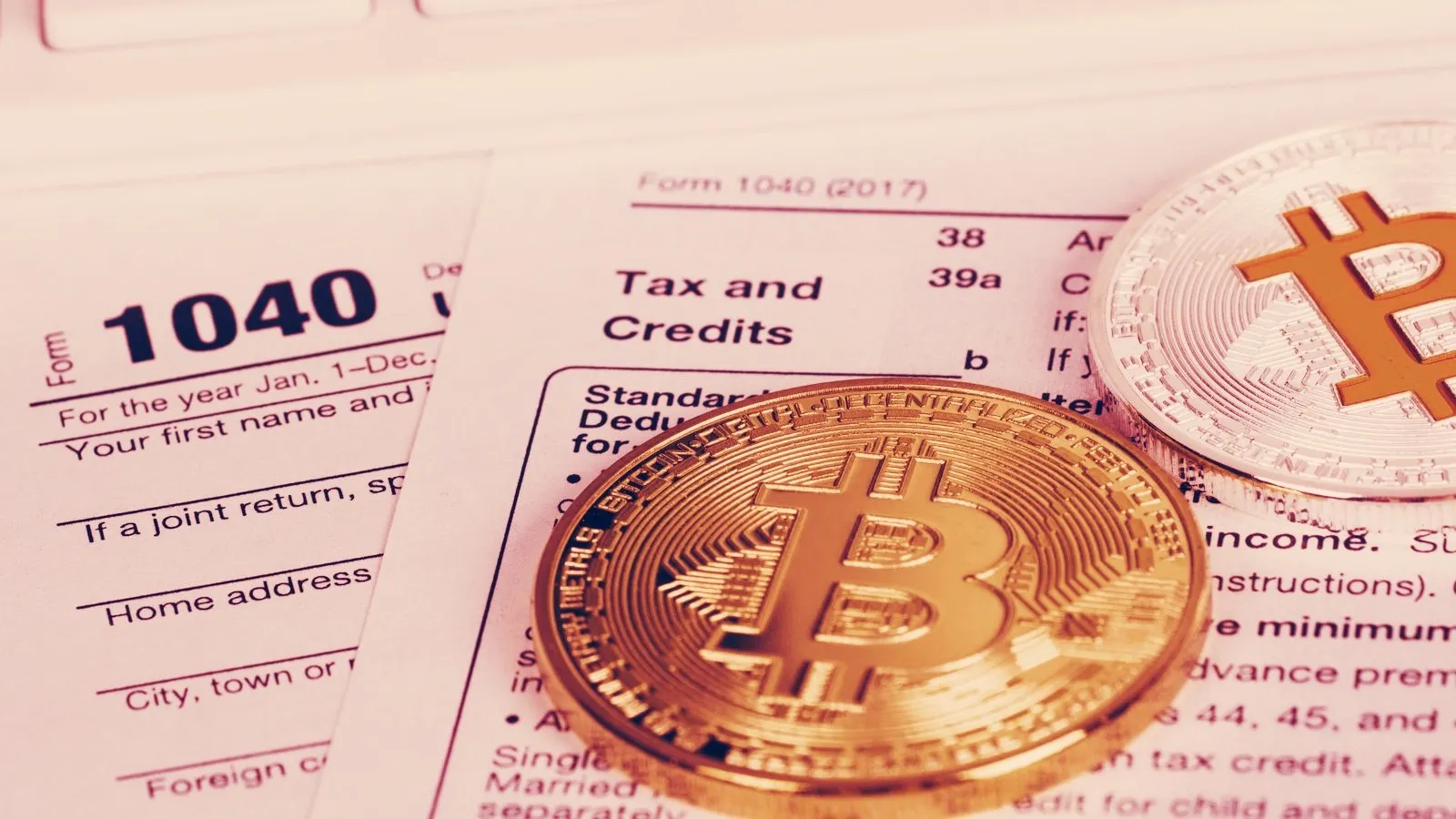In brief
- The IRS has sent out a second round of letters to US cryptocurrency HODLers, asking them to file their taxes correctly.
- The letter asks taxpayers to “file amended returns or delinquent returns”and warns that those who fail to accurately report crypto transactions “may be subject to future civil and criminal enforcement activity.”
- The IRS is getting very serious about cryptocurrency tax compliance.
The US tax-collecting agency, the Internal Revenue Service (IRS), has sent out another round of letters to US cryptocurrency HODLers they believe haven’t filed their taxes correctly.
A copy of the letter, dated August 14, was published by CoinTracker, software that helps crypto traders prepare their taxes.
“We have information that you have or had one or more accounts containing virtual currency but may not have properly reported your transactions involving virtual currency, which include cryptocurrency and non-crypto virtual currencies,” it reads.
The letter instructs people to “file amended returns or delinquent returns” if they’ve not filed their crypto taxes correctly. The IRS warned that those who fail to accurately report crypto transactions “may be subject to future civil and criminal enforcement activity.”
Three types of letters were sent.
The first two, "Letter 6171 and 6174-A, are less severe educational letters,” tweeted Shehan Chandrasekera, CoinTracker’s head of tax and strategy. “If you believe you filed your crypto taxes right, no action is needed. “If you missed any crypto portion when you filed or you didn't file a return, you must amend or file a new return.” The third, Letter 6173, is more severe and requires a response.
4/Pay CLOSE attention to Letter 6173. You NEED to respond to this letter by the date printed on the letter OR you will get audited.
Quick guide on how to respond to these letters. 👇https://t.co/7sE1bzuEgK
— Shehan Chandrasekera, CPA 🧗♀️|🇱🇷|🇱🇰 (@TheCryptoCPA) August 25, 2020
Others on Reddit have reported receiving the same letters. CoinTracker does not know how many letters were sent.
What disclosures are the IRS requesting?
The IRS requests that US taxpayers answer the following question when filing their tax returns: “At any time during 2020, did you receive, sell, send, exchange, or otherwise acquire any financial interest in any virtual currency?”
The IRS asked that question of taxpayers last year, but the question appeared on a 1040 Schedule 1 form, which taxpayers had to specifically request. Ignorance, whether feigned or real, meant that lots of US taxpayers did not report their cryptocurrency holdings.
In the US, trading cryptocurrency is a taxable event, subject to capital gains tax. That means that every time you buy or sell cryptocurrencies—trades some execute multiple times per day—you must calculate and report your gains or losses. Those receiving salaries in cryptocurrencies must also report this as income.
How does the IRS know who owns cryptocurrencies?
This is at least the second time the IRS has sent letters to taxpayers asking them to cough up the money. The first batch went out last year.
How did the IRS get hold of this information? Potentially from exchanges. Chandan Lodha, co-founder of CoinTracker, told Decrypt that Coinbase is “a common exchange synced across users who are receiving these letters.” The IRS in 2016 subpoenaed Coinbase for information about its users’ holdings and transactions.
New Hampshire resident James Harper last month filed a complaint against the IRS, alleging that it illegally gained access to this data, and “unlawfully violated” his Fourth and Fifth amendment rights.
The complaint said: "Where once it lacked the authority to peek into a person's private papers even with the use of a subpoena, the Internal Revenue Service has now acquired the power to demand access to anyone's private information without any judicial process.”
Lodha added that the US government has subpoenaed non-US exchanges like Bitstamp, and are using blockchain analytics software like Chainanalysis, Coinbase analytics, and Palantir. “They have even gone so as far as to start trying to de-anonymize on-chain privacy coin transactions,” he said.
“The trend seems to be pretty clear: the IRS is getting very serious about cryptocurrency tax compliance. The implication for users is pretty clear — if you want to stay out of the IRS' crosshairs, make sure you are staying compliant with the cryptocurrency tax rules,” he said.

